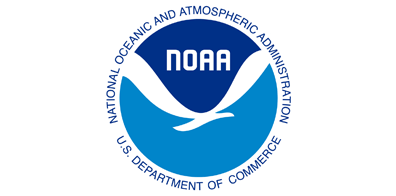Population and pollutant estimates for invasive snails in Presque Isle State Park
Watch this featured research video
Invasive species can have direct and indirect negative impacts on native communities. Freshwater snails—because of their diet variety, association with water and sediment, rapid reproduction rates, and obscure life history—can significantly impact the communities they invade. Our preliminary work has shown that Presque Isle State Park (PISP), located along Lake Erie’s shores, is now home to two invasive freshwater snail species – Bithynia tentaculata and Cipangopaludina chinensis – which may threaten the native ecosystems in several ways, including the trophic transfer of contaminants. Moreover, given the proximity of PISP to other invasive snail detections in Lake Erie, namely, Potamopyrgus antipodarum and Cipangopaludina japonica, there is potential for additional invasive snail species to colonize PISP. To date, basic information about B. tentaculata and C. chinensis populations on PISP is unknown. This knowledge gap makes it difficult to assess invasive snails’ threat to PISP and Lake Erie and develop management strategies targeted at controlling invasive populations. This project aims to fill this knowledge gap through a series of field and laboratory studies to determine the abundance, distribution, habitat preferences, population genetic structure, and contaminant burden of B. tentaculata and C. chinensis. We plan to involve undergraduate students, resource managers, and the Erie community in our research by supporting undergraduate research projects, organizing outreach events and presentations (e.g., invasive species-themed beers with a local brewery, snail ID workshops, and lesson kits for adults and children), and creating informative infographics to add to PA Sea Grant’s Aquatic Invasive Species website. Upon completion, we aim to generate maps of current and predicted distributions, hypothesized invasion routes, and determine the extent to which invasive snails accumulate and potentially mobilize contaminants within aquatic ecosystems to better mitigate the impact of invasive snails on Lake Erie.



